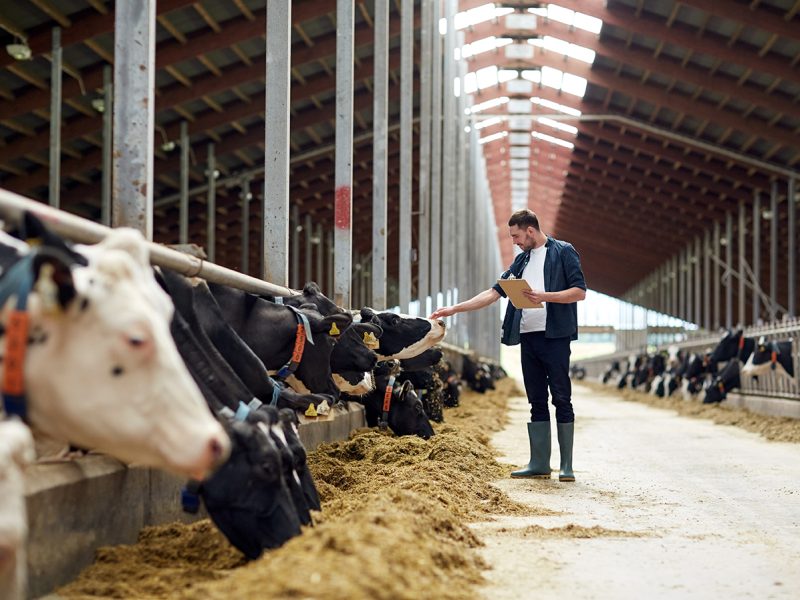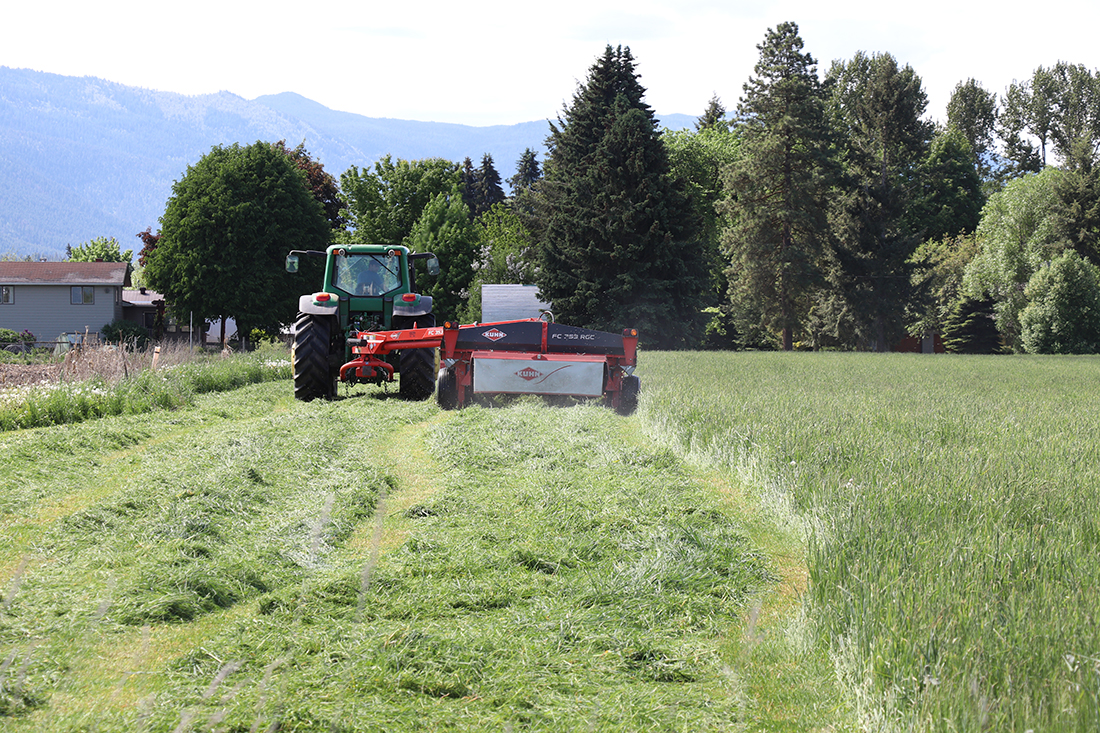VICTORIA – The province is poised to take over responsibility for farmed animal welfare in BC, following a report that recommends restricting the BC Society for the Prevention of Cruelty to Animals to companion animals.
Policing of animal welfare, including that of farmed animals, has been the statutory responsibility of the BC SPCA since its founding in 1896, but the report says the time has come for a change.
“The majority of the SPCA’s enforcement activities are associated with companion animals, and there is an absence of capacity for proactive inspection of farms with livestock or poultry,” the report states.
The lack of capacity to inspect farms compromises public trust, especially in farms unaffiliated with the commercial livestock organizations that have their own animal welfare programs.
“These farms are not inspected at all,” the report states. “Some of them may have become livestock or poultry farms without having in place the experience and training needed to ensure the welfare of the animals they own.”
The report recommends “creating a new inspection and enforcement function within the Ministry of Agriculture and Food to assume responsibility for implementation of the [Prevention of Cruelty to Animals] Act with respect to farmed animals.”
BC SPCA’s mandate would be redefined in legislation to limit its focus to “companion animals, wildlife in captivity and exotics.”
However, it could also assist the agriculture ministry investigate incidents related to farmed animals.
“The BC SPCA is a valued partner and they have done good, important work with respect to the inspection and subsequent enforcement of on-farm animal welfare complaints and issues,” the province says in a statement. “We will continue to work with the BC SCPA and the farming community to ensure the welfare of farmed animals.”
But enforcement and compliance are secondary for BC Cattlemen’s Association general manager Kevin Boon, who sat on the 15-member committee the province convened last year to review its farmed animal welfare regime and make recommendations for improvement.
Representatives of the enforcement, agriculture and processing sectors met 10 times between April and December 2023 and submitted recommendations in January.
“It’s not about enforcement as much as it is about making sure that the welfare of the animals is looked after,” Boon says.
He believes the report’s recommendations are good for both animals and those who care for them, with commodity groups likely to receive greater support for training of owners and handlers.
“They’re very reasonable, and give a way forward for producers as well as making sure animal welfare is a priority,” Boon says. “[The report] also gives credibility to the programs that each of the commodities utilize.”
The supply-managed groups, including dairy and poultry, have all implemented animal welfare programs and conduct regular audits of licensed operations.
Cattle ranchers also have welfare programs, such as the Verified Beef Production Plus program, while all producers have access to the national codes of practice that set a baseline for care and handling of their animals.
The codes of practice were incorporated into the provincial regulation into the provincial Prevention of Cruelty to Animals (PCA) Act in 2019.
However, sting operations by animal rights groups have regularly focused attention on on-farm practices, prompting the BC SPCA to pilot unannounced inspections in 2021.
BC SPCA submitted a report to government following the pilot. The report has not been released, but BC SPCA chief prevention and enforcement officer Marcie Moriarty said its recommendations were discussed with the province.
“We are working with government on the farm animal welfare issue and the recommendations coming out of the pilot,” she told Country Life in BC in September 2022.
The province initiated its review of the animal welfare regime five months later.
The recommendations flowing from the study will affect everyone, not just commercial operations.
While plans for the new inspection regime have yet to be unveiled, the report’s second recommendation makes clear that unaffiliated farms will be a priority for inspection.
“The Ministry of Agriculture and Food should work collaboratively with other government agencies and relevant stakeholders to identify unaffiliated livestock and poultry farms and commence 15.1 inspections of them,” it states, referencing the section of provincial legislation that allows for
on-farm inspections. “Once identified, these unaffiliated farmers can be informed of the minimum standards of care and regulations to which they must adhere.”
Restrictions on information sharing mean it won’t be as simple as using Premises ID to locate livestock and poultry owners.
“The information on Premises ID is protected,” Boon says. “There’s a level of confidentiality there that we can’t breach.”
There are also financial considerations associated with the report’s recommendations.
“For any of these to be enacted it would require an investment by government,” Boon says.
The scope of the changes mean the BC SPCA is likely to retain its statutory mandate for animal welfare for awhile yet.
“SPCA is going to remain where they’re at for the foreseeable future until we get something set up,” Boon says. “Government understands there needs to be a level of financial support to whoever’s doing it.”
However, the report reassures producers that whatever follows will be more predictable, and conducted by a dedicated team familiar with the agriculture sector.
“There’s a huge opportunity for this new agency and SPCA to work together,” Boon says. “[But] it’s giving a little more safety netting for producers to understand when they’ll be inspected.”


 Province funds Vitalus plant expansion
Province funds Vitalus plant expansion